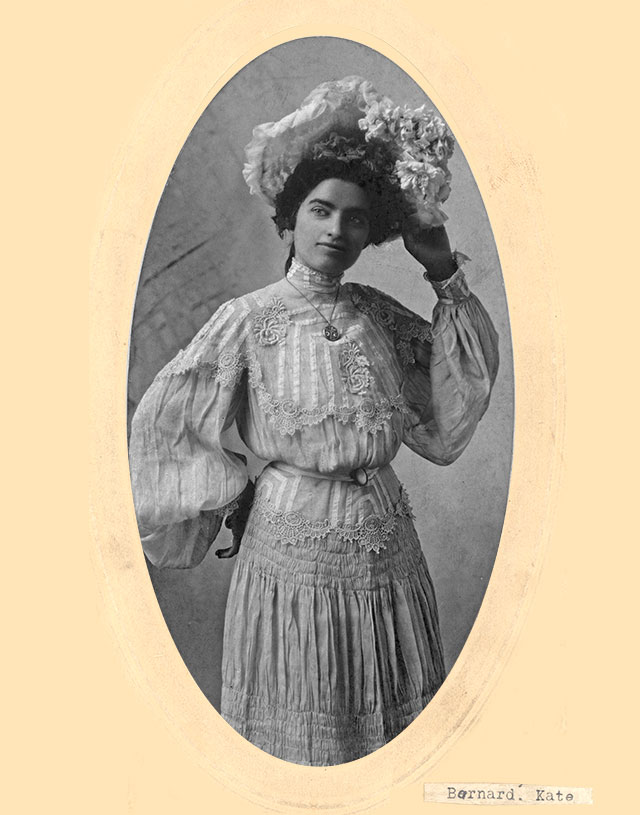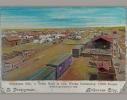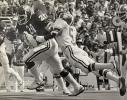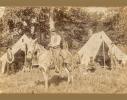
Kate Barnard
$10.00
Kate Barnard (106). One of Oklahoma's most outstanding woman politicians, "Kate" Barnard was born Catherine Ann Barnard, in Geneva, Nebraska, on May 23, 1875, to John P. and Rachel Sheill Barnard. Barnard joined her father in Oklahoma City in 1891 and attended St. Joseph's Academy. After acquiring her territorial teaching certificate, she taught in several one-room schools located within commuting distance of Oklahoma City. In 1904 while serving as a hostess for the Oklahoma exhibit at the St. Louis World's Fair, Barnard noticed urban poverty and listened to discussions by social science experts who suggested solutions. Returning to Oklahoma City, she discovered that her hometown also had developed an army of indigents, so she began a career in charity work. Believing that women had political potential, especially in the area of social justice reform, she entered politics in 1906 when Oklahoma statehood was imminent. During the Constitutional Convention she convinced delegates to adopt two reform measures: the prohibition of child labor, and the establishment of the office of commissioner of charities and corrections. After the convention the Democratic Party endorsed her candidacy for the position of commissioner, and she won the office by a greater plurality than any other candidate in Oklahoma's first general election, in which women could not vote. Triumph at the polls made Barnard the first woman elected to a major Oklahoma state office. As commissioner, she persuaded the state legislature to adopt laws requiring compulsory education, regulating child labor, and launching a juvenile justice system.





